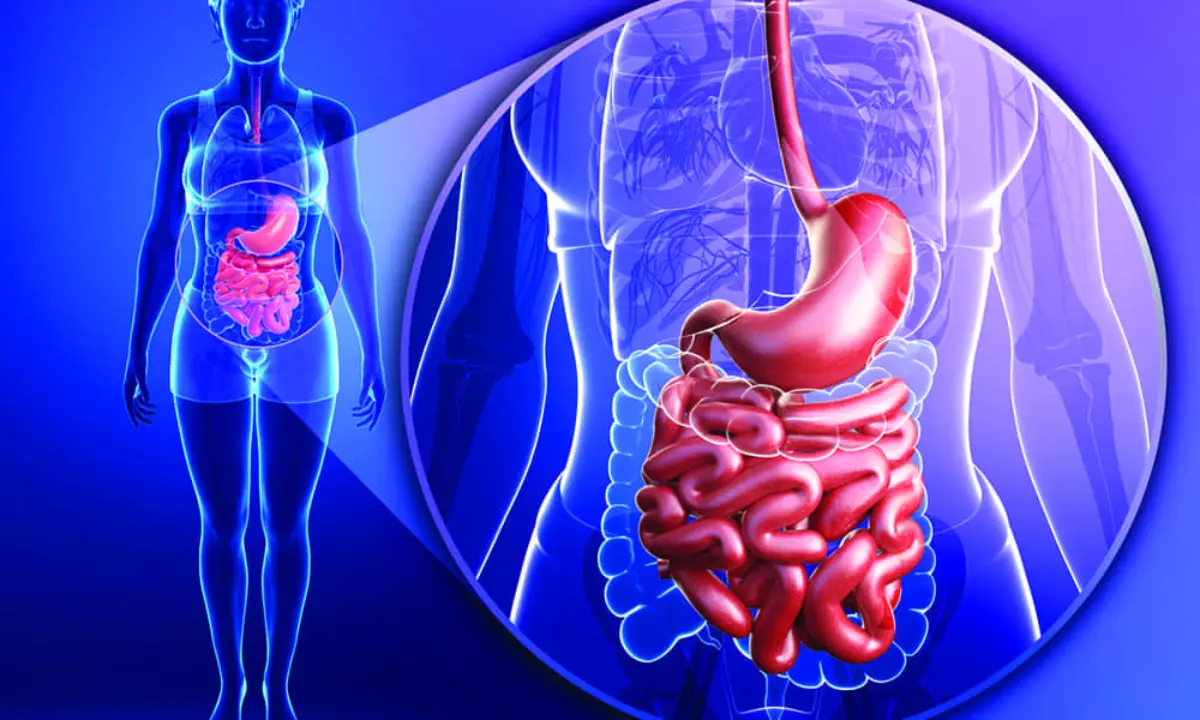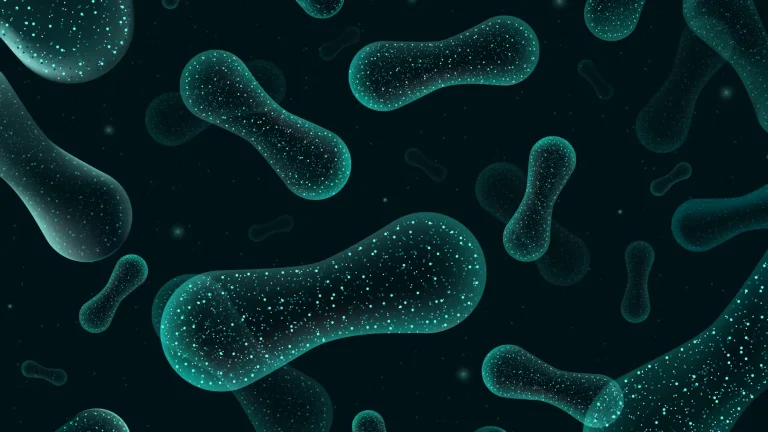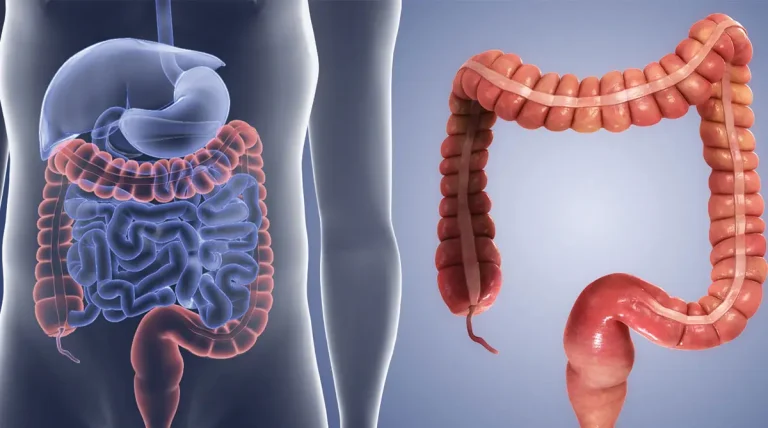Navigating the world of nutrition can feel overwhelming, especially with the growing list of foods labeled as “triggers” or “problematic.” Gluten, nightshades, and lectins are among the most debated topics in health and wellness. But are these concerns backed by science or simply diet fads?
This article explores what makes these foods controversial, who may benefit from avoiding them, and the scientific evidence surrounding their effects. We’ll also discuss functional medicine approaches to identifying food sensitivities and optimizing your digestion.
1. Gluten Sensitivity: Fact or Fad?
What Is Gluten?
Gluten is a protein primarily found in wheat, barley, and rye. It plays a crucial role in giving dough elasticity and maintaining the structure of baked goods. While most people tolerate gluten well, its role in digestive issues has gained significant attention in recent years.
Who Might Be Affected?
- Celiac Disease: An autoimmune disorder where gluten causes intestinal damage.
- Non-Celiac Gluten Sensitivity (NCGS): Individuals without celiac disease who still experience bloating, diarrhea, or fatigue after eating gluten.
- Wheat Allergy: An immune response to wheat proteins that can result in respiratory symptoms, hives, or even anaphylaxis.
Testing and Assessment
- Celiac Panel: Blood tests to measure antibodies like anti-tTG (tissue transglutaminase).
- Elimination Diet: Remove gluten-containing foods for several weeks, then reintroduce them to monitor symptoms.
- Genetic Testing: Identifies gene variants like HLA-DQ2 and HLA-DQ8 associated with celiac disease.
Scientific Evidence
- Celiac disease is widely documented as requiring strict gluten avoidance.
- Research on NCGS (e.g., Gibson et al., Gastroenterology, 2012) supports symptom relief with a gluten-free diet in some cases, even without a celiac diagnosis.
2. Nightshades: Friend or Foe?
What Are Nightshades?
Nightshades include tomatoes, peppers, eggplants, potatoes, and goji berries. These foods contain compounds like solanine, which some believe exacerbate inflammation or autoimmune conditions.
Who Might Be Affected?
- Autoimmune Conditions: People with rheumatoid arthritis or lupus often report symptom relief after avoiding nightshades.
- Digestive Sensitivities: Some individuals may experience bloating or discomfort after consuming nightshade vegetables.
Testing and Assessment
- Food Sensitivity Testing: Panels like IgG or MRT (Mediator Release Testing) may help identify sensitivities.
- Elimination Protocol: Avoid nightshades for 4–6 weeks, reintroducing them one at a time to track symptoms.
Scientific Evidence
- Current research does not conclusively prove nightshades are harmful to all. However, anecdotal evidence supports individualized elimination trials for those with autoimmune or inflammatory conditions.
3. Lectins: Hype or Health Hazard?
What Are Lectins?
Lectins are plant proteins found in beans, legumes, whole grains, and certain vegetables. They are sometimes linked to gut irritation and chronic inflammation, particularly in those with compromised gut health.
Who Might Be Affected?
- Leaky Gut or Autoimmune Conditions: Lectins may aggravate an already compromised gut lining.
- Digestive Weakness: Individuals with low enzyme levels may struggle to break down lectins, causing bloating or gas.
Testing and Assessment
- Elimination Diet: Reduce lectin intake for 4–6 weeks, then reintroduce foods gradually.
- Stool & Gut Barrier Testing: Markers like zonulin or calprotectin can reveal gut inflammation or permeability issues.
Scientific Evidence
- Cooking Reduces Lectins: Soaking and cooking significantly lower lectin levels in foods like beans and grains.
- Research on human lectin sensitivity is limited, and much of the discussion is based on animal studies or anecdotal reports.
4. Other Common Conflicting Foods
4.1 Dairy
- Lactose Intolerance: Caused by a deficiency in lactase, leading to bloating and diarrhea.
- Casein Sensitivity: Proteins in milk can trigger issues such as sinus congestion and skin problems.
4.2 Soy
- Phytoestrogens: Mimics estrogen, with varying effects on hormone balance.
- Fermented Soy: Foods like tempeh and miso are often easier to digest and lower in problematic compounds.
4.3 FODMAPs
- What Are FODMAPs? Short-chain carbohydrates that ferment in the gut, causing bloating and gas.
- Who Benefits? A low-FODMAP diet is often recommended for individuals with IBS or chronic digestive discomfort.
Key Takeaways
- Individual Variation: Not everyone reacts to these foods—personalized observation is key.
- Elimination Diets Work: Systematic removal and reintroduction of foods can pinpoint triggers.
- Preparation Methods Matter: Cooking and fermenting reduce problematic compounds like lectins.
- Evidence vs. Anecdote: Look for peer-reviewed research before making significant dietary changes.
- Professional Guidance: Work with a functional medicine professional to navigate testing and create a tailored plan.
Ready to Personalize Your Nutrition?
Discover how a functional medicine approach can help identify food sensitivities and improve your digestion. Schedule a consultation today to begin your journey toward better health.
References
- Catassi, C., et al. (2013). Non-celiac gluten sensitivity: The new frontier of gluten related disorders. Nutrients, 5(10), 3839–3853.
- Gibson, P. R., et al. (2012). Is gluten a cause of gastrointestinal symptoms in people without celiac disease? Gastroenterology, 142(6), 1196–1204.
- Fasano, A. (2012). Leaky gut and autoimmune diseases. Clinical Reviews in Allergy & Immunology, 42(1), 71–78.
Important Disclaimer
This article is for informational purposes only and does not serve as medical advice. Always consult a healthcare provider before making dietary or lifestyle changes.







